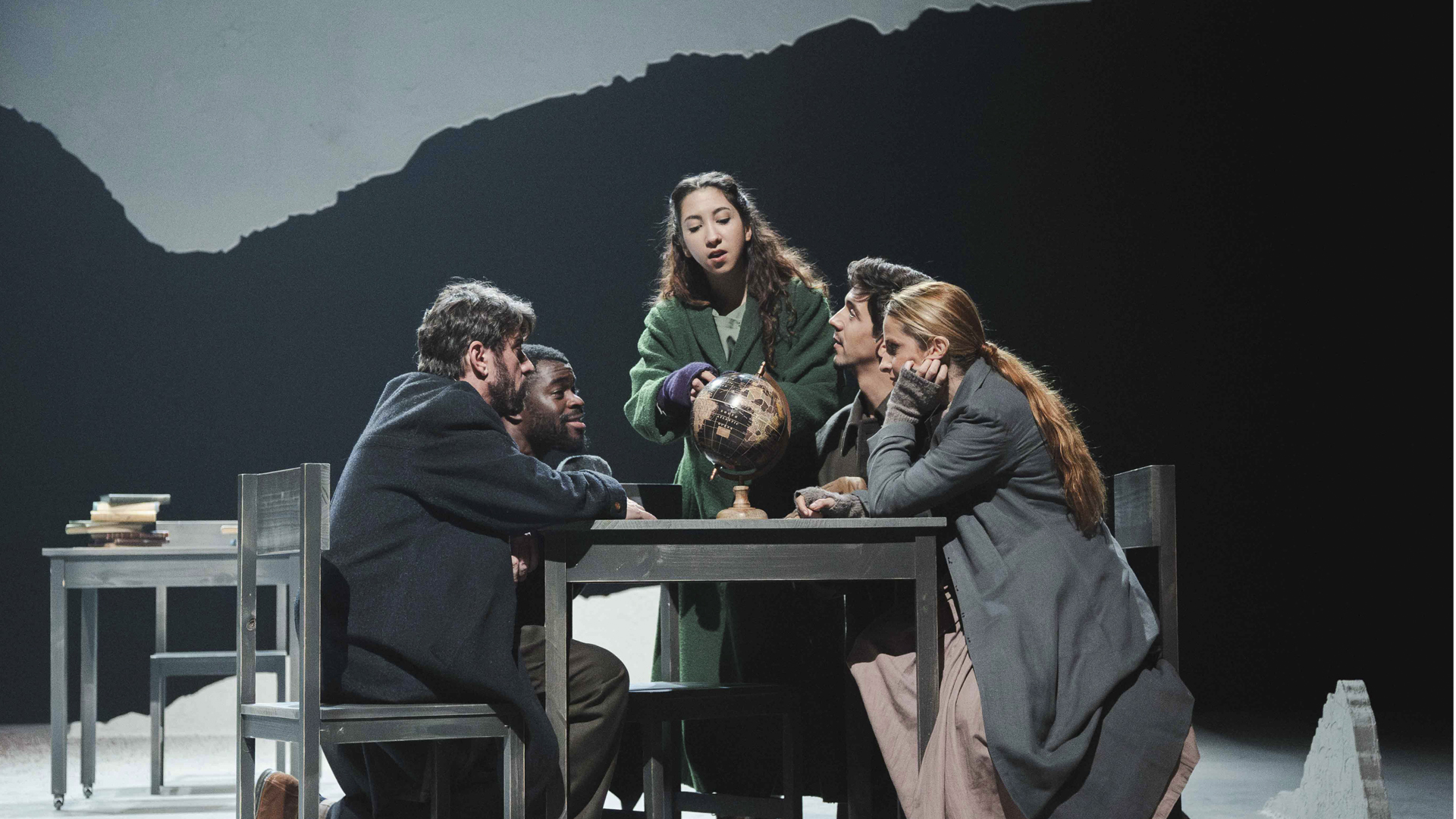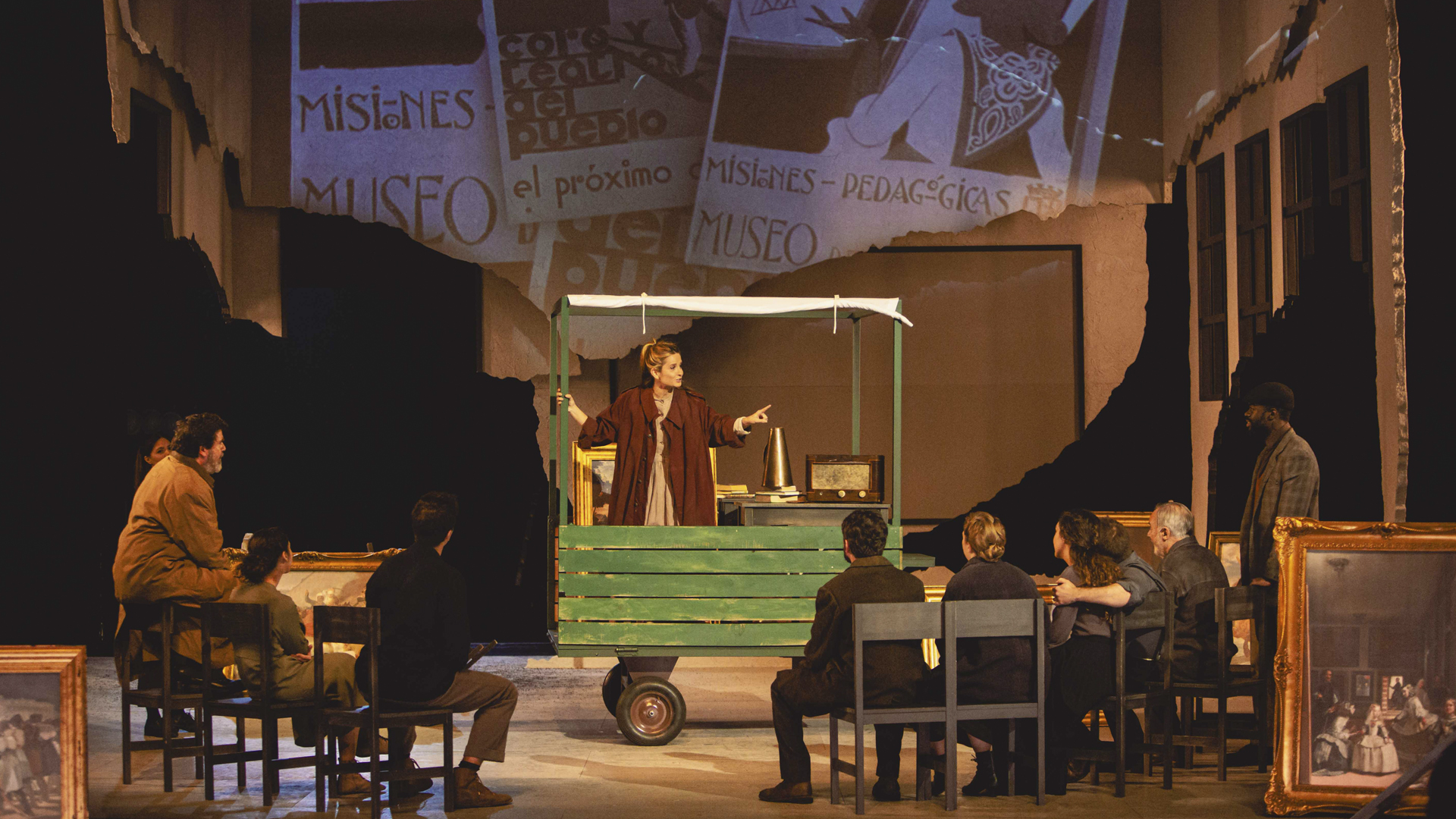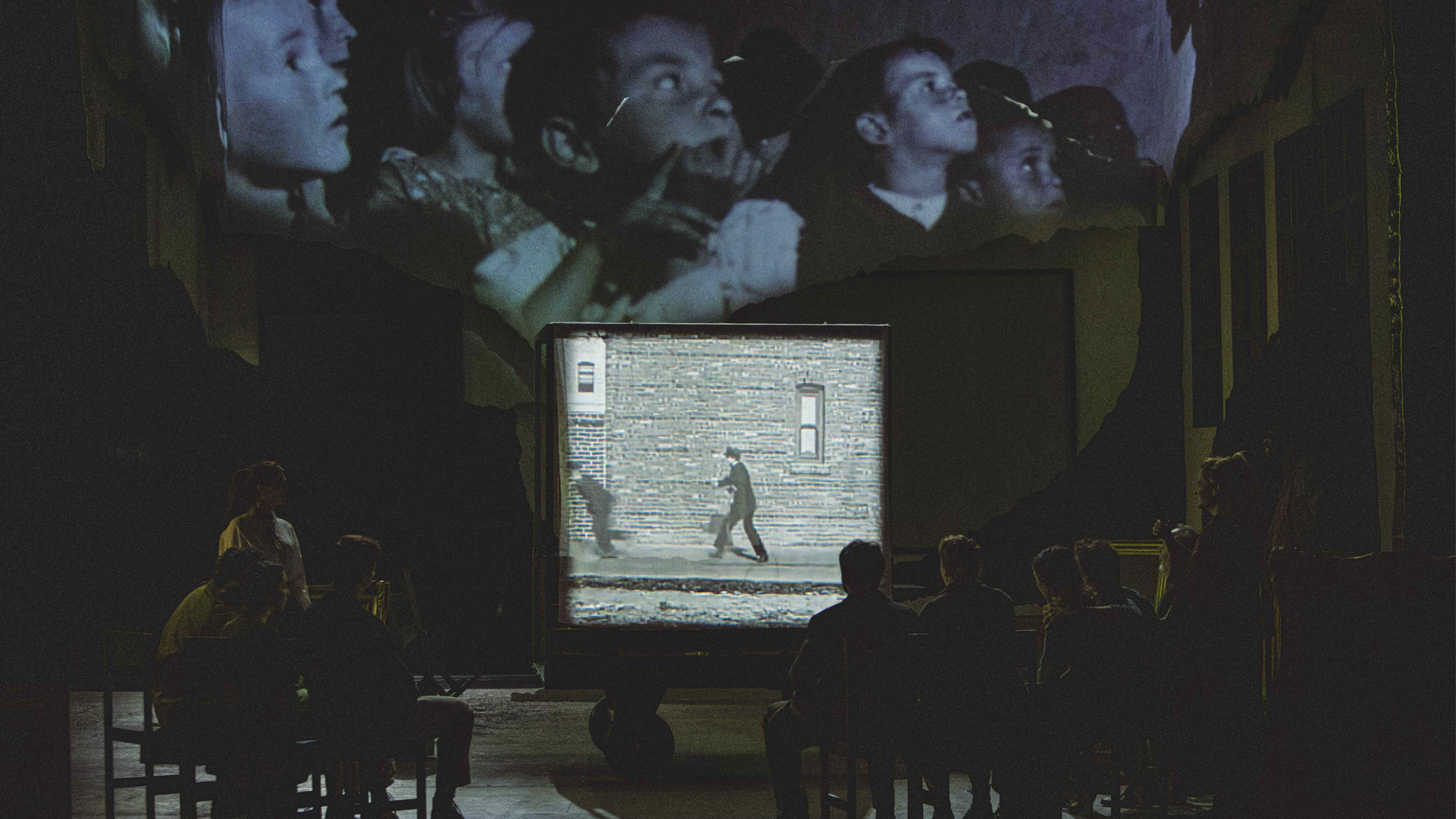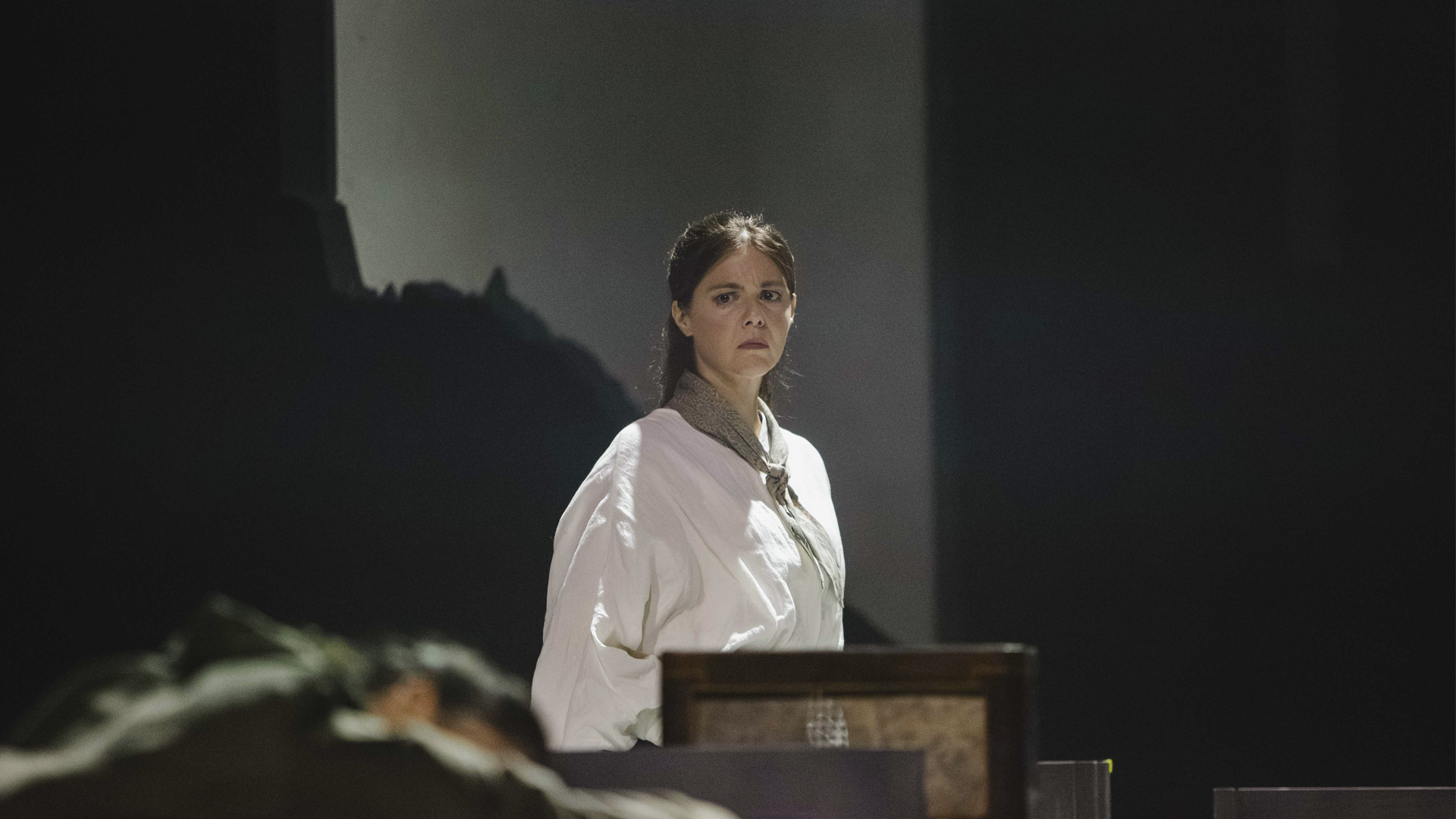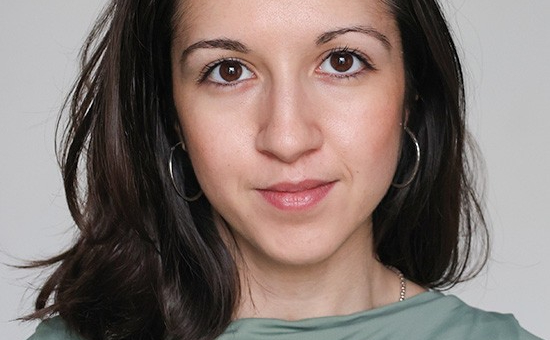Laura Ortega
A graduate in Hispanic Philology and Dramatic Arts (directing), with pedagogical training and extensive experience in stage direction and artistic creation.
As a stage director, she has directed: Donde cubre by Bernardo Sánchez Salas (2007); Pasos de carnaval by Hans Sachs at the Thyssen-Bornemisza Museum; María Zambrano [la hora de España] by Itziar Pascual, Blanca Doménech, and Nieves Rodríguez Rodríguez at Centro Dramático Nacional; Intemperie at the Pavón Kamikaze Theatre; and Vientos que nos barrerán at the Fernando Fernán Gómez Theatre, the latter two plays by Cristina Redondo.
View more
Monsieur Goya by José Sanchis Sinisterra at the Fernán Gómez Theatre, based on the Spanish painter’s Black Paintings, with Daniel Canogar and Suso Saiz. Fandangos y Tonadillas with Compañía Nacional Teatro Clásico, co-produced by the Compañía Nacional de Danza. La verdadera muerte de la historia de Francisco Franco by Max Aub with Alfonso Torregrosa at the Arriaga Theatre. Declaración de amor (para siemre) by Magne Van der Berg at the Abadía Theatre.
She has worked as an assistant director for Fernando Soto (La estupidez, Ay, Carmela), Mario Gas (Los secuestradores del Lago Chiemsee), Marta Pazos (Comedia sin título, Orlando), Pedro Casablanc (Decadencia), Andrea Jiménez (Vulcano), and Andrés Lima (Shock 1. El Cóndor y el Puma, Shock 2. La Tormenta y la Guerra, Principiantes, El chico de la última fila, Prostitución, El pan y la sal, Medea, Sueño, Paraíso perdido, Todas las hijas, Todas las canciones de amor, Asesinato y adolescencia, La comedia de los errores, 1936).
As a photographer, she has undertaken her own projects in stage and artistic photography. She has held several photographic exhibitions: India instantánea, Trampantojo, Introspectivas, La Casa Mía; nuestra la casa, No nos hemos ido, and Cuerpos de barrio. She is currently preparing her first photobook: El cuclillero.
As a film director, she has premiered her first short film, Cualquier día la envenenas, which won the Third Prize at the La Rioja Film Commission Short Film Festival (2024) and the Best Rural Short Film Award (2025) at the Ghorlghalado Festival, in addition to ten selections at other national and international festivals.


